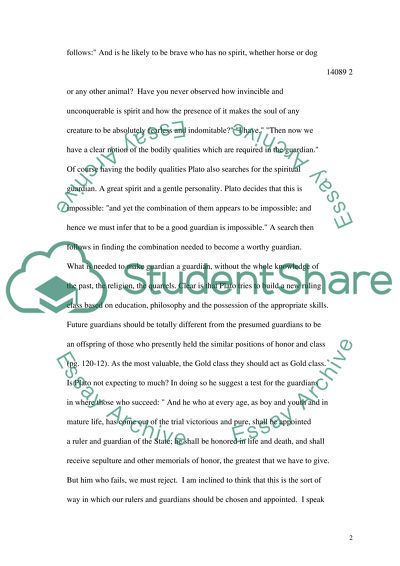Cite this document
(“Plato's republic Essay Example | Topics and Well Written Essays - 1000 words”, n.d.)
Plato's republic Essay Example | Topics and Well Written Essays - 1000 words. Retrieved from https://studentshare.org/literature/1518636-platos-republic
Plato's republic Essay Example | Topics and Well Written Essays - 1000 words. Retrieved from https://studentshare.org/literature/1518636-platos-republic
(Plato'S Republic Essay Example | Topics and Well Written Essays - 1000 Words)
Plato'S Republic Essay Example | Topics and Well Written Essays - 1000 Words. https://studentshare.org/literature/1518636-platos-republic.
Plato'S Republic Essay Example | Topics and Well Written Essays - 1000 Words. https://studentshare.org/literature/1518636-platos-republic.
“Plato'S Republic Essay Example | Topics and Well Written Essays - 1000 Words”, n.d. https://studentshare.org/literature/1518636-platos-republic.


